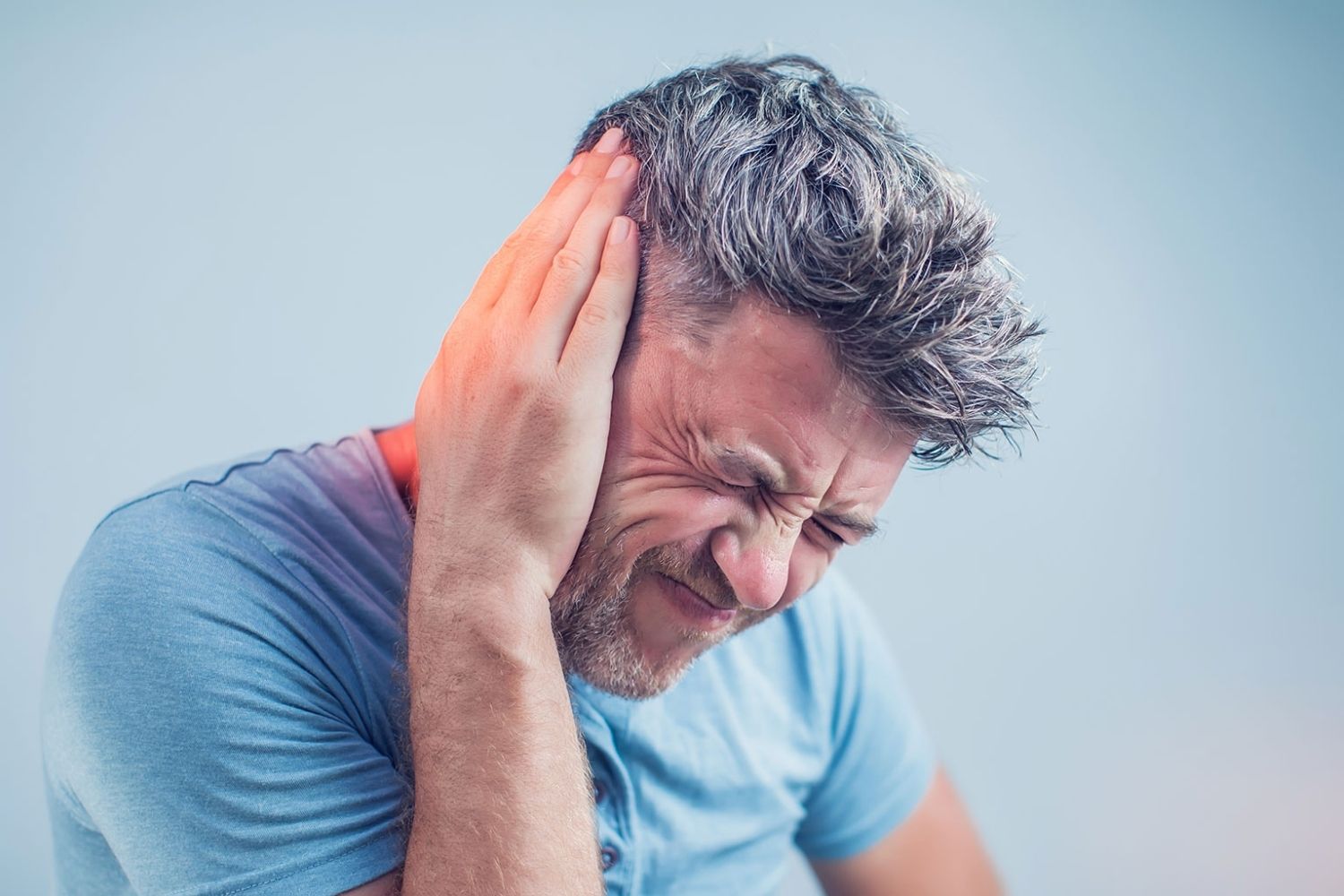
Tinnitus is a condition where you hear ringing, buzzing, or other noises in one or both ears without an external source. Did you know that over 50 million Americans experience tinnitus? This condition can range from a minor annoyance to a major disruption in daily life. What causes tinnitus? It can result from exposure to loud noises, ear infections, or even stress. Is there a cure? While there's no definitive cure, various treatments can help manage symptoms. How does it affect daily life? Tinnitus can impact sleep, concentration, and overall well-being. Want to learn more? Here are 25 facts that will help you understand tinnitus better.
Key Takeaways:
- Tinnitus affects over 50 million people in the US, causing ringing, buzzing, or hissing sounds in the ears. It can be managed with treatments like hearing aids and sound therapy.
- Tinnitus can be caused by loud noises, ear infections, and even medications. While there is no definitive cure, lifestyle changes and therapies like CBT can help manage its impact.
What is Tinnitus?
Tinnitus is a condition where a person hears a ringing, buzzing, or other noise in their ears without an external sound source. It can be a temporary or chronic issue, affecting people of all ages.
- Tinnitus affects millions: Over 50 million people in the United States experience tinnitus to some degree.
- Common in older adults: It's more prevalent in people over 60, but younger individuals can also suffer from it.
- Not a disease: Tinnitus itself isn't a disease but a symptom of underlying conditions like hearing loss or ear injury.
- Variety of sounds: People with tinnitus may hear ringing, buzzing, hissing, or even roaring sounds.
- Temporary or chronic: Tinnitus can be a fleeting experience or a persistent issue lasting months or years.
Causes of Tinnitus
Understanding what causes tinnitus can help in managing and potentially reducing its impact. Various factors contribute to this condition.
- Loud noises: Exposure to loud sounds, like concerts or machinery, can damage the inner ear, leading to tinnitus.
- Ear infections: Infections in the ear can cause inflammation and result in tinnitus.
- Earwax buildup: Excessive earwax can block the ear canal, causing pressure and tinnitus.
- Medications: Certain drugs, including antibiotics and aspirin, can cause or worsen tinnitus.
- Head injuries: Trauma to the head or neck can affect the auditory nerves, leading to tinnitus.
Symptoms and Diagnosis
Recognizing the symptoms and getting a proper diagnosis is crucial for managing tinnitus effectively.
- Constant noise: The most common symptom is a persistent noise in the ears that others cannot hear.
- Hearing loss: Many people with tinnitus also experience some degree of hearing loss.
- Sleep disturbances: The constant noise can make it difficult to fall or stay asleep.
- Concentration issues: Tinnitus can interfere with focus and concentration, affecting daily activities.
- Emotional impact: It can lead to stress, anxiety, and depression due to its persistent nature.
Treatment and Management
While there is no cure for tinnitus, various treatments and management strategies can help alleviate the symptoms.
- Hearing aids: These devices can amplify external sounds, making tinnitus less noticeable.
- Sound therapy: Using background noise, like white noise machines, can help mask tinnitus sounds.
- Cognitive-behavioral therapy (CBT): CBT can help patients manage the emotional impact of tinnitus.
- Medications: Some medications can help reduce the severity of tinnitus symptoms.
- Lifestyle changes: Reducing caffeine, alcohol, and stress can help manage tinnitus.
Interesting Facts about Tinnitus
Here are some lesser-known facts that might surprise you about tinnitus.
- Musical tinnitus: Some people hear music or singing instead of ringing or buzzing.
- Pulsatile tinnitus: This type of tinnitus sounds like a rhythmic pulsing, often in time with the heartbeat.
- Not always noticeable: Tinnitus can be more noticeable in quiet environments, making it harder to ignore at night.
- Affects both ears: Tinnitus can occur in one or both ears, or even in the head.
- No definitive cure: While treatments exist, there is currently no definitive cure for tinnitus.
Final Thoughts on Tinnitus
Tinnitus affects millions worldwide, causing a constant ringing or buzzing in the ears. Understanding tinnitus can help manage its impact on daily life. While there's no cure, treatments like sound therapy, cognitive behavioral therapy, and hearing aids can provide relief. Protecting your ears from loud noises and maintaining overall ear health are crucial steps in prevention.
Living with tinnitus can be challenging, but support groups and professional help make a significant difference. Staying informed about the latest research and treatment options empowers those affected to take control of their condition. Remember, you're not alone in this journey. Many resources and communities are available to offer support and guidance.
By staying proactive and seeking help when needed, managing tinnitus becomes more manageable, allowing for a better quality of life.
Frequently Asked Questions
Was this page helpful?
Our commitment to delivering trustworthy and engaging content is at the heart of what we do. Each fact on our site is contributed by real users like you, bringing a wealth of diverse insights and information. To ensure the highest standards of accuracy and reliability, our dedicated editors meticulously review each submission. This process guarantees that the facts we share are not only fascinating but also credible. Trust in our commitment to quality and authenticity as you explore and learn with us.
